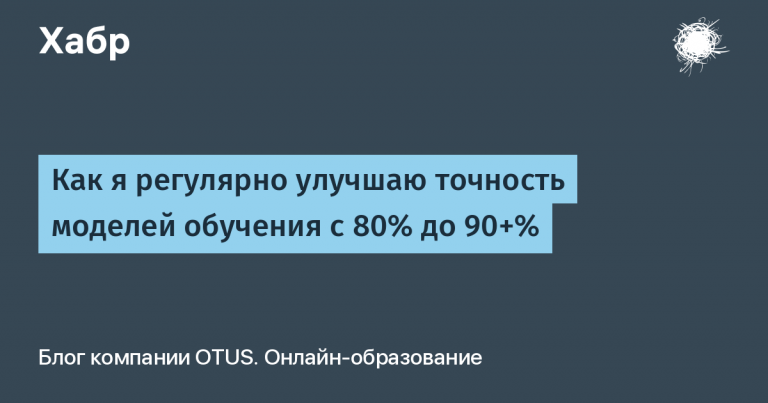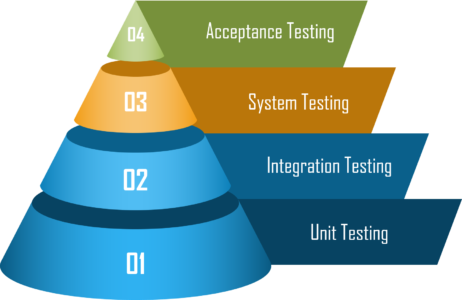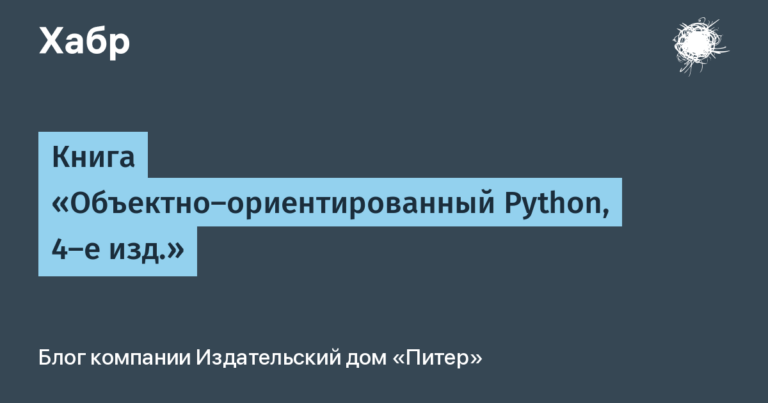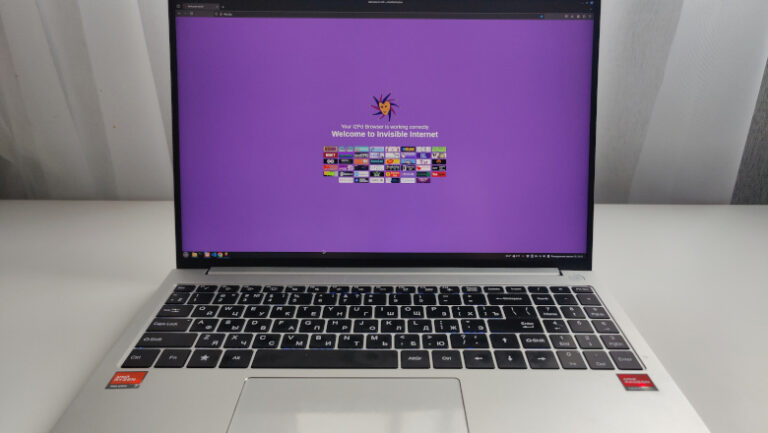Not only futures and options: what other secondary financial instruments exist on exchanges and not only

Image: Unsplash
In our blog, we have already talked about futures and options. These are the so-called derivatives – they are called so because they are based on the basis of some other asset (for example, stocks).
Despite the popularity of futures and options, there are a number of similar tools that investors can use on modern exchanges and not only. We’ll talk about them today.
Note: any investment activity on the exchange is associated with a certain risk, this must be taken into account. To perform operations with some of the assets referred to in this topic, you need a brokerage account, you can open it online. You can debug your trading strategy using test access with virtual money.
Forward contracts
By analogy with futures, forwards are an obligation to buy or sell a specific asset on an agreed date in the future at a pre-agreed price. It sounds very similar to futures contracts, but there is a significant difference.
- A forward contract can only be entered into the OTC market. That is, two specific counterparties enter into such a transaction (and not anyone else, like on an exchange). Risks of failure to fulfill the terms of the contract also fall on the parties to the transaction – in the case of futures and options, the exchange acts as a guarantor.
- Accordingly, the forward does not imply guarantee deposits; variation margin is not accrued on it.
- Forward may be concluded at an arbitrary date in the future. Futures have a certain standard execution date (for example, the current futures contract on the RTS index has a term until December – 12.19).
- The underlying asset for a forward contract can be anything, not just stock-traded assets.
Depositary receipts
This financial instrument is inherently the closest to all common stocks. It works like this: sometimes a company not from a certain country (for example, Gazprom) wants to place its shares in the depositary of a conditional bank from the USA, and concludes an agreement with it about it.
In the future, using these shares, the bank can issue in free circulation securities certificates – American Depositary Receipts (ADRs). One depositary receipt may correspond to one or several shares.
An important point is the exchange rate of ADRs per share and the national currency of the country of the issuing company, which corresponds to the exchange rate (market) value of the shares underlying such ADRs.
Note: Russian depositary receipts (RDRs) are traded on the Moscow Exchange, which certify ownership of a certain number of shares or bonds of a foreign issuer.
Warrants on securities
A warrant is the right to repurchase a certain amount of a company's shares in the rather distant future (from a year to 5 years). Warrant comes from the English word warranty.
That is, the owner of the warrant receives a guaranteed right to repurchase the asset at a certain price in the future. You can use this tool, for example, from diluting your share in the company. Most often they are used by shareholders who want to preserve their share in the company, in the event of additional share issues, during mergers and acquisitions of companies.
Like forwards, warrants are not traded on the stock exchange; investors work with them on the OTC market.
Swap
This derivative financial instrument implies a transaction in the framework of which an asset is sold, and at the same time, an obligation is made to buy it back at the agreed price. Such transactions may be justified to obtain financing secured by securities. Such transactions take place on the OTC market.
In addition, there are currency swaps. According to the definition of the Bank of Russia, a currency swap “is a spot currency exchange (the first part of a currency swap) with an obligation to make a subsequent forward reverse exchange of the same currencies (second part of a currency swap) on a certain date. In this case, the exchange rate at which the first part is exchanged and the exchange rate at which the second part is exchanged are agreed upon by the parties when concluding a currency swap. ”
That is, a currency swap is a combination of two reverse currency transactions with different dates of execution with a fixed rate. ITI Capital offers the possibility of placing dollars in the EUR / USD currency pair. As a result, the investor receives interest income. In this case, the Moscow Exchange acts as a guarantor of fulfillment by the parties of obligations.
Useful links on the topic of investment and stock trading:
- Open a brokerage account online
- Test account with virtual money
- Software for trading on the exchange: trading terminal, mobile applications
- Structural Products
- Model Portfolios
Read reviews, market analytics and investment ideas in the ITI Capital Telegram channel





